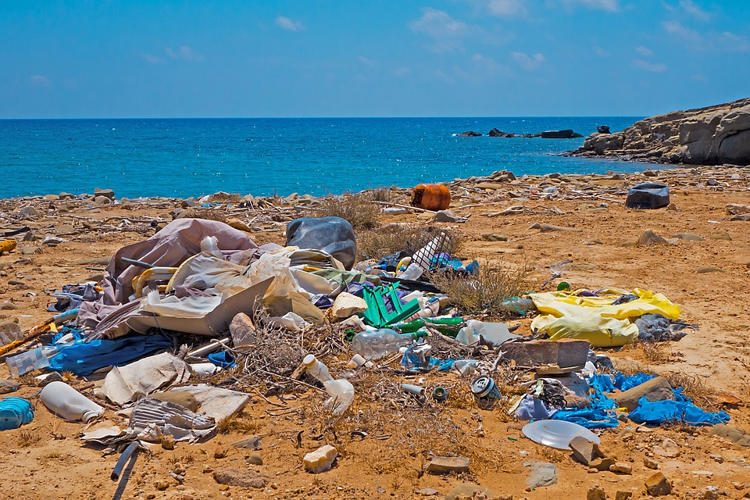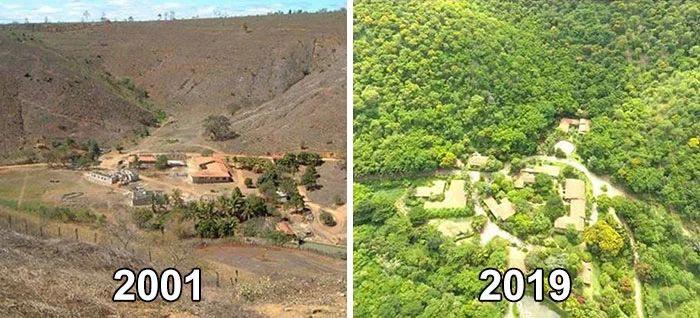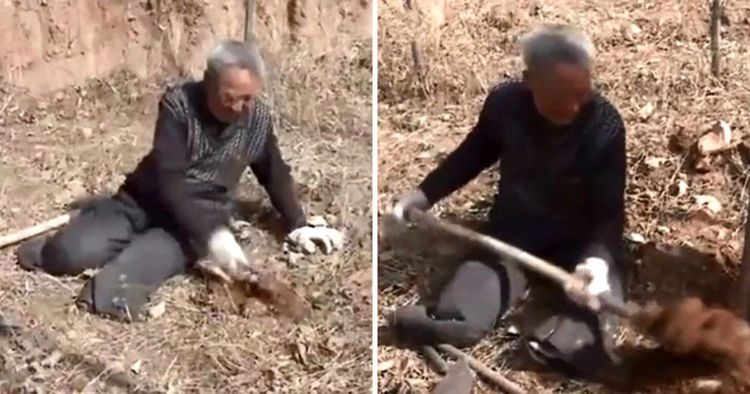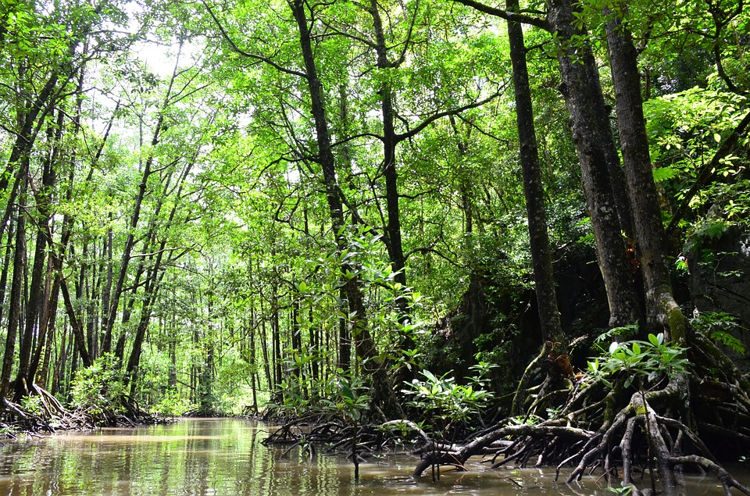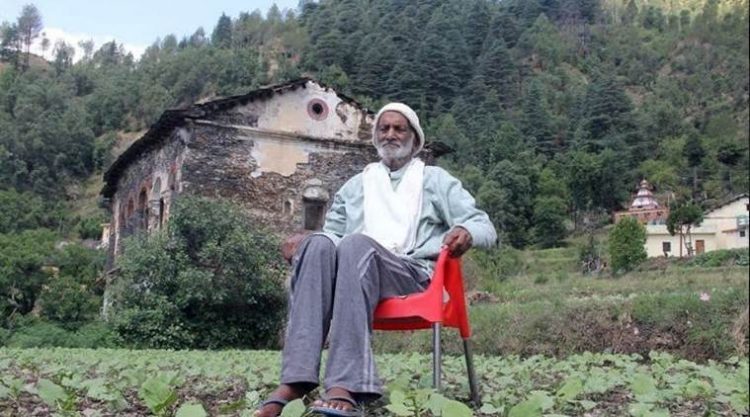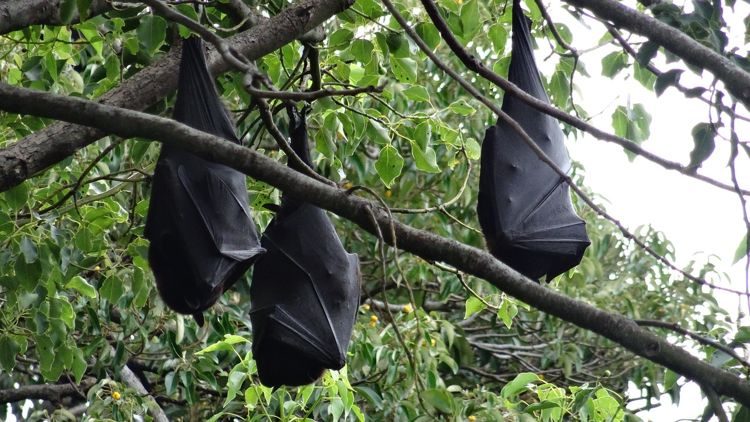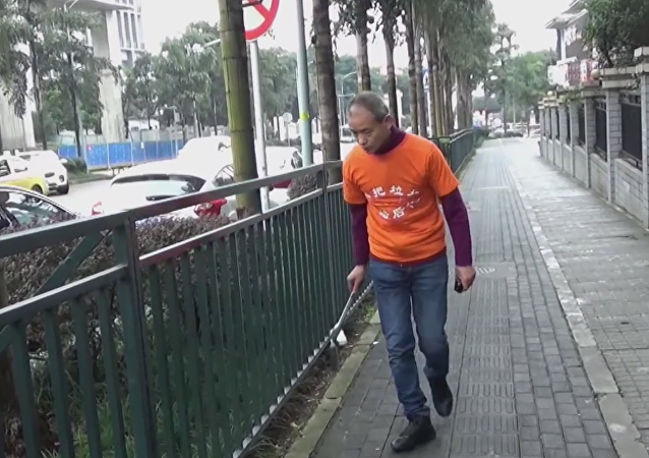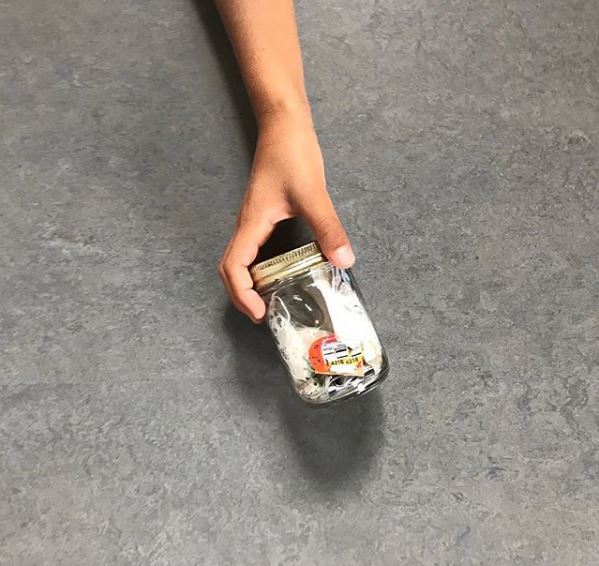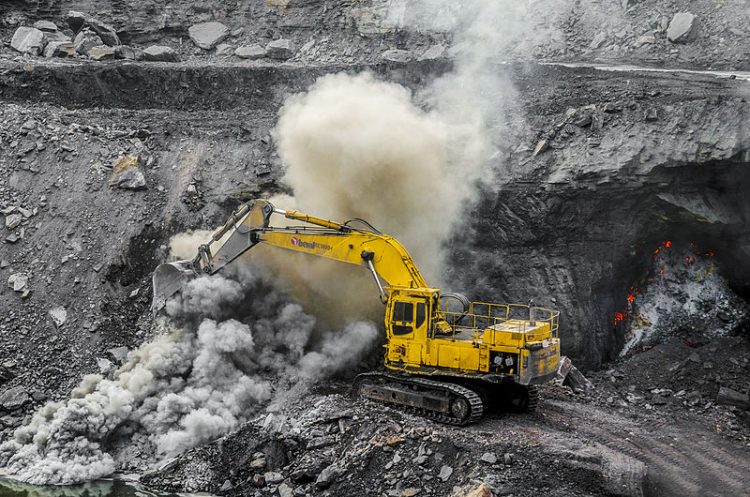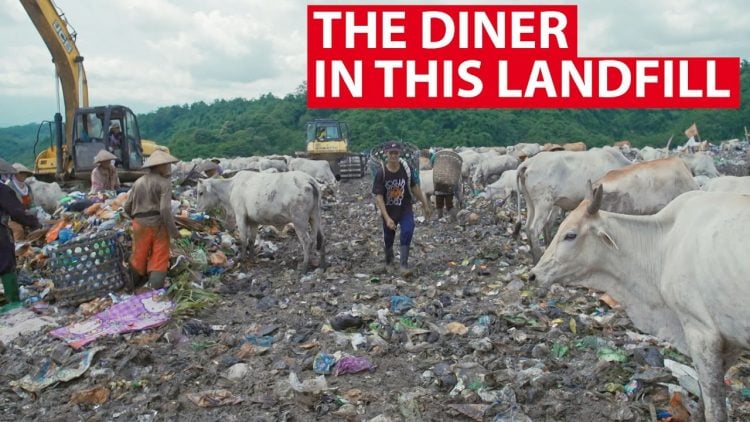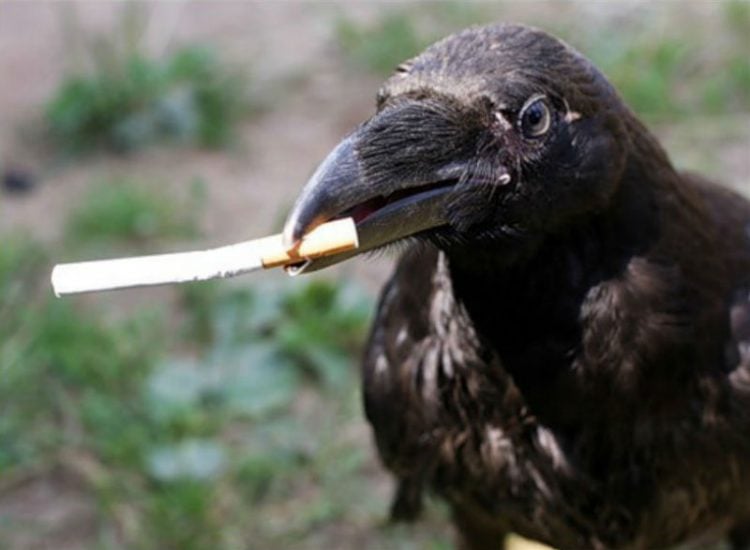On September 21, volunteers across the globe, from Thailand to Hawaii, gathered on their local beaches to clean up trash and make a powerful statement about the poor state of our environment? But what about volunteers with no dirty beaches to clean? Well, some of them got a bit of help from local authorities.
Late last month, a South Korean mayor came under fire after revealing that he dumped a tonne of trash on a pristine beach just so hundreds of volunteers could clean it up the next day, in celebration of the International Coastal Cleanup Day. His office later apologized, saying that there wasn’t any trash for people to pick up, and that they only did it to “raise awareness about the seriousness of coastal waste”.

